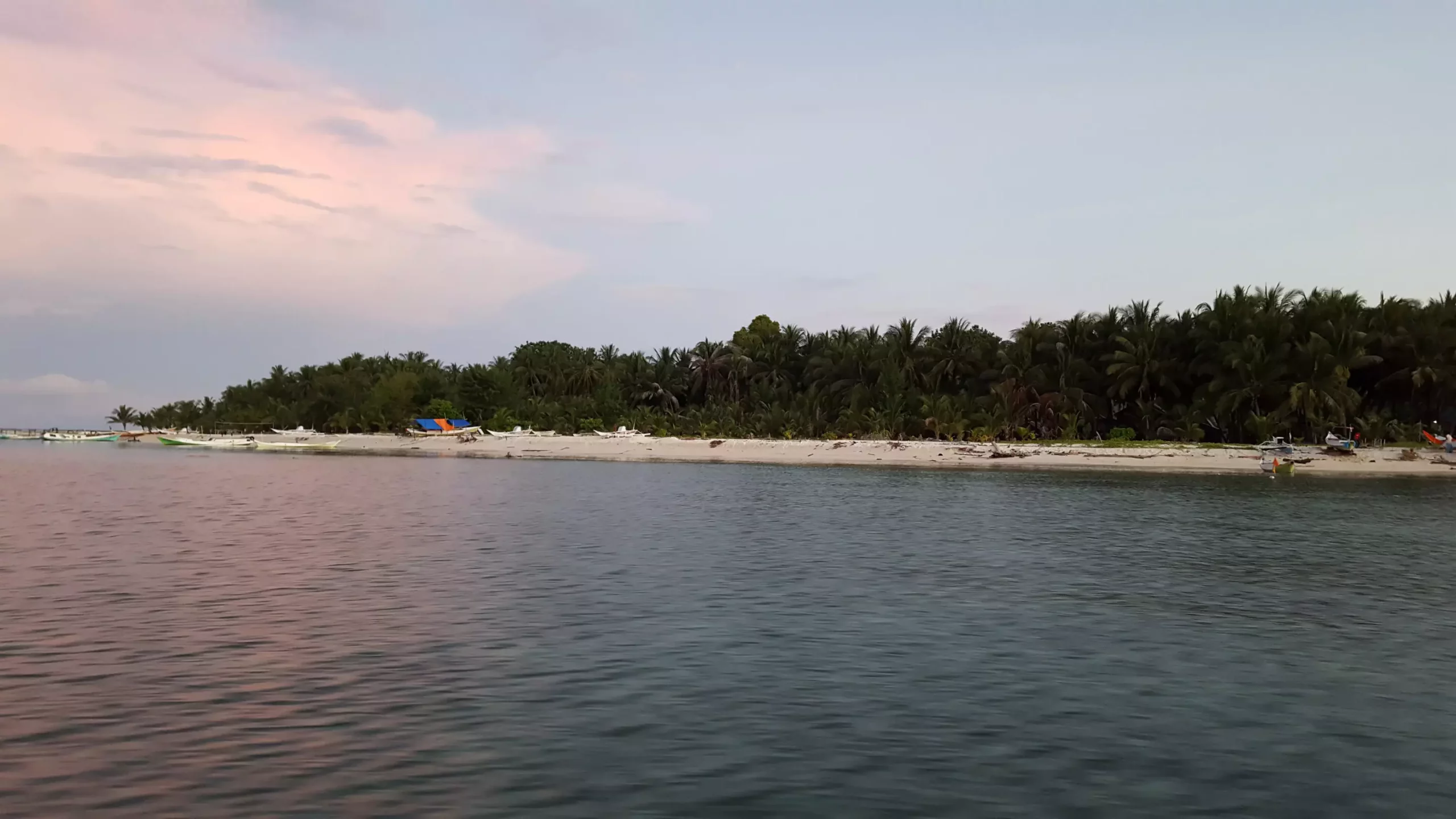Recent findings regarding the reef island of Langkai in the Indonesian Spermonde Archipelago reveal a remarkable phenomenon: despite the adverse health of surrounding coral reefs, Langkai has not only withstood environmental stresses but has actually experienced growth. This paradox raises fundamental questions about the interactions between coral reefs and the islands they underpin, prompting researchers from the Leibniz Center for Tropical Marine Research (ZMT) in Bremen, Germany, to delve deeply into this dynamic relationship.
For decades, coral reefs globally face severe threats from climate change, pollution, and human activities, leading to bleaching and decline. These unhealthy reefs typically result in reduced sediment production—the vital building blocks for the formation and sustenance of reef islands. However, the case of Langkai illustrates an intriguing resilience in island development, suggesting that these landforms can adapt even in the face of transformative environmental shifts.
Research Methodology and Findings
To investigate how the degradation of adjacent coral reefs affects sediment composition and island stability, the research team, led by Yannis Kappelmann, employed an innovative approach. By extracting over 50 sediment cores from Langkai, they meticulously analyzed the sediment’s makeup over the last several decades. Their findings painted a clearer picture of the ecological consequences stemming from the damaged reefs.
The results were alarming yet not entirely unexpected: a marked reduction in the presence of coral skeletons was identified in recent sediments, with a corresponding increase in calcifying green algae, specifically Halimeda. This shift suggests that as coral populations decline, algal species are gaining dominance—a change that can significantly impact the ecological balance of the region. Nevertheless, Kappelmann noted an intriguing twist in the story of Langkai: the island’s coastline expanded by 13% from 1999 to 2023.
This unexpected island growth underscores a critical aspect of coastal dynamics—while coral reefs historically acted as protective barriers against erosion, the emergence of sediment derived from algal growth has compensated for the loss of coral-derived materials. Thus, it appears that the sediment supply crucial to the island’s growth may remain intact, even in compromised reef ecosystems.
The Implications of Sediment Composition
The study underscores a vital insight: changes in sediment composition alone do not correlate directly with island destabilization. The researchers argue that although coral skeletons serve as a significant source of sediment, algae may offer a sufficient alternative in terms of material for landform development. This changing landscape prompts deeper consideration of how ecosystems adapt in real-time to environmental pressures.
However, one cannot overlook the broader implications of these findings. Even if Langkai demonstrates growth, the ecological health of the surrounding reef system remains in jeopardy. Coral reefs play a crucial role beyond merely serving as sediment sources; they are natural breakwaters, absorbing wave energy and safeguarding coastlines from erosion. As coral populations diminish, these essential protective functions are jeopardized, placing islands at risk for rapid degradation in the long term.
Preservation Efforts and the Future of Coastal Ecosystems
The research highlights both the adaptability and fragility of reef islands in the face of environmental transformation. As local communities seek to address the pressing issues of reef degradation, this study serves as a pivotal reminder of the importance of restoration and protection efforts. Initiatives aimed at engaging local populations in marine conservation efforts are crucial for preserving the delicate balance within these ecosystems.
Long-term strategies must focus on reinforcing the health of coral reefs while promoting sustainable practices that safeguard the biodiversity and resilience of coastal regions. While the island of Langkai showcases an encouraging narrative of growth amidst adversity, it also reflects the larger narrative of ecological struggles faced globally.
The findings prompt a call to action: preserving reef systems is paramount not only for the ecological health of an area but also for the integrity of the islands they support. Through concerted conservation efforts, we can ensure that the future of these dynamic islands remains bright, rather than eroded by neglect and environmental change. As we navigate the complexities of climate impacts, understanding the interconnectedness of coral reefs and marine islands will be pivotal for informed decision-making and sustainable coastal management.

